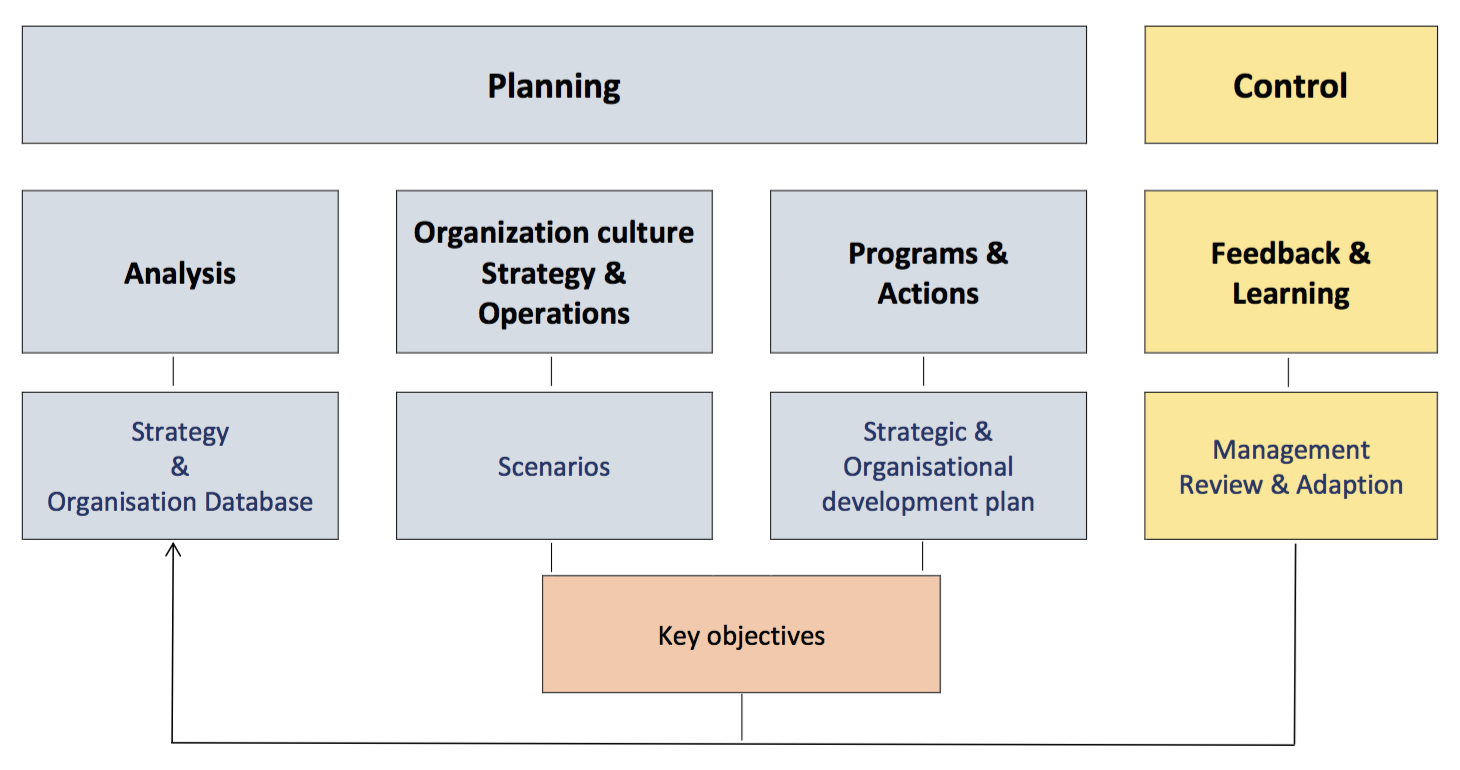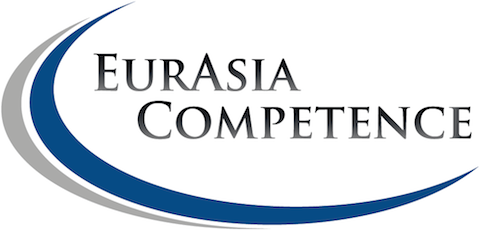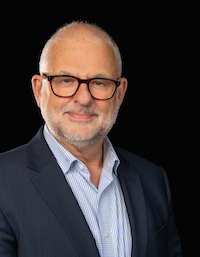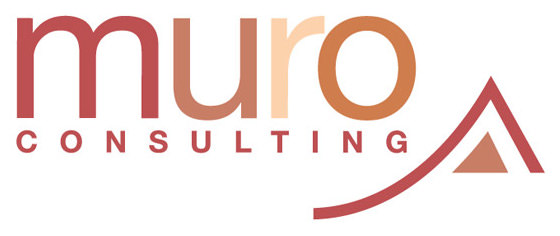EurAsia Competence
your specialist in organizational culture
Organizational culture and cross-cultural competence, drivers for high-performance
Vision
EurAsia Competence is a leading management services boutique dedicated to creating high-performance organizations by contributing to the improvement of organizational culture and cross-cultural competence via enhanced engagement. It focuses on private enterprises and governmental as well as non-governmental institutions in the European and Asia-Pacific regions.
Why EurAsia Competence?
A positive organizational culture drives engagement and performance. Organizational culture depends to a great extent on individual human behavior, values and beliefs in various cultural settings and on different organizational levels, including the company’s leadership. An assessment of a company’s culture is therefore a reflection of the internal risk map of the organization, pointing to its opportunities, but revealing its dangers at the same time.
What separates winning, high-performance organizations from their low-performing counterparts is their ability to understand and integrate the impact of these elements both on the organization and on the drivers of organizational performance.
The EurAsia Competence team has broad, extensive and long-standing senior executive experience at top-level private enterprises with global reach and at governmental and non-governmental organizations. It boasts an impressive track record in key countries in Asia-Pacific and Europe.
EurAsia Competence helps you to establish a high-performance organization with an engaged workforce, benefitting from its organizational culture and cross-cultural competence. Cultural improvements in both fields will enhance your competitiveness, leading to increased and sustainable results.
Services of EurAsia Competence
1. Organizational Culture, Internal Risk Map of an Organization
2. Assessment of Organizational Culture: The EurAsia Competence Culture Grid®
3. Assessment, Education, and Training of Individuals and Teams
4. Development of Cross-Cultural Competence
EurAsia Competence uses its proprietary comparative theory of culture¹ and its organizational culture approach² to transfer knowledge for a client-specific and practice-oriented purpose. The transfer covers both strategic and operative fields. EurAsia Competence is the only consulting company working with an organizational culture and cross-cultural assessment tool based on both empirical data and on a theoretical analysis.

¹ See Roth, Hans Jakob (2020). Kultur, Raum und Zeit. Baden-Baden, Nomos Verlag
² Roth, Hans Jakob: Organisationskultur im global tätigen Unternehmen; Stuttgart, Schäffer Poeschel Verlag (2021)
-
EurAsia Competence assesses organizational culture with a cultural due diligence approach done on an analytical background. The results are used to transfer knowledge from analytical understanding to practical implementation, both on strategic and operative levels.
Cultural due diligence actually provides the internal risk situation of the organization. It allows an assessment of strategic aims and their facility of implementation on the operative level, a judgement on employee engagement and compliance, or on innovation and client relations.
In discussions with the management team EurAsia Competence offers a strategic development plan and accompanying awareness building and training programs to improve organizational culture where necessary. Feedback assessments after a period of one to three years will allow further management reviews.
-
With the EurAsia Competence Culture Grid® EurAsia Competence has developed an assessment tool for organizational culture. It allows a globally active company to assess organizational culture both in a national and an international context. The results of an assessment of organizational culture allow a broad insight into a company’s internal risk and opportunity map, both in the head office and at different locations world-wide.
The EurAsia Culture Grid generates indications concerning employee engagement, innovative strength, compliance situations and the state of internal cooperation both on a national and international level by hinting at strengths and weaknesses. Contrary to other intercultural assessment tools, it is based on empirical and theoretical assumptions, allowing clear insights into both strategic and operational issues.
-
EurAsia Competence provides management, individual and team assessments, and education and training based on your organization’s strategic and operational cross-cultural needs. You can further use EurAsia Competence’s professional assessments to implement specific training needs tailored to different levels of tasks and responsibilities.
-
EurAsia Competence analyses current organizational conditions for their fitness in a given cross-cultural context by detecting gaps at different institutional levels or between different regional entities.
The EurAsia Competence approach will guarantee a strategically and operationally solid course of action and development to increase an organization’s effectiveness and performance and to improve its world-wide competitive position. It includes coaching as well as trainings in cross-cultural behaviour and thinking patterns.
Downloads
Organizational Culture – The Internal Risk Map of a Company
Organizational culture is in the focus of most companies today. It seems undisputed that a good organizational culture directly influences company results through better employee engagement. However, a survey of organizational culture goes far beyond challenges in the personnel field and actually allows a good assessment of a company’s internal opportunities and risks.
Culture, Space and Time - A Comparative Theory of Culture
Many people in Western industrial societies are under the fundamental misconception that the global triumph of Western technology and economic advancement will inevitably lead to Western-style democracy and the adoption of Western value systems worldwide.
Personnel Management in China
Selecting, developing and retaining employees is a challenge everywhere. But when a company operates in a culturally different environment, the tasks get even more demanding, as evidenced by the turnover rates in foreign-owned companies operating in China. What are the companies that are successful doing better than the rest? Why do they succeed where others struggle or even fail?
»Outsiders Are Exploited Shamelessly.«
Many company bosses underestimate the cultural differences in business life, despite the force of globalization. A fact that may hurt their business quickly, according to former Swiss Ambassador Hans Jakob Roth, writing exclusively for finews.first.
Comparative Theory of Culture - Turning Cross-Cultural Complexity into High-Performance Vitality
Each region in the world has a unique natural environment that influences the evolution of culture and tradition, which emerge as a means of surmounting complications that arose in that region’s distinct context. ... When trying to understand cultural differences, it helps to first understand which level of society produced the difference.
The Japan Times: Switzerland Report 2019 - Bridging Cultures
"Cross-border mergers and acquisitions often lead to unexpected organizational challenges,"
said Peter Sorg, partner with EurAsia Competence AG. "While companies take into account financial, legal, technology and intellectual property due diligence requirements, the cultural dimension also needs to be addressed for organizations to succeed in a transformation process."
Contact
EurAsia Competence Switzerland
- EurAsia Competence AG
Falkenplatz 11 / CH 3012 Berne - +41 (0)79 157 5858
- office@eurasiacompetence.com
EurAsia Competence Hong Kong
- EurAsia Competence AG
Rm 1104, Crawford House
70 Queen's Road Central
Central, Hong Kong - office@eurasiacompetence.com





